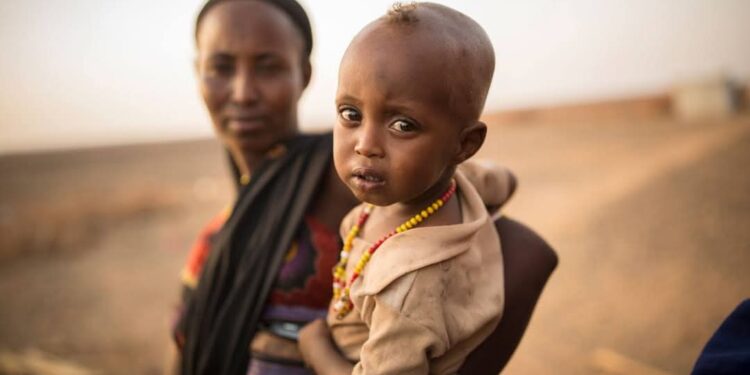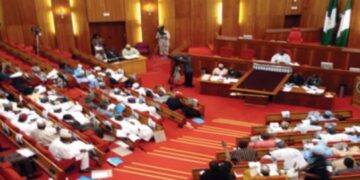
Photo Credit: Facebook
South Sudan is grappling with a series of challenges that are deepening the nation’s crisis, ranging from escalating humanitarian needs to economic struggles, and delays in crucial political processes.
Humanitarian Crisis Intensifies
The humanitarian situation in South Sudan remains dire, with the United Nations projecting that approximately 9.4 million people will require assistance and protection in the coming year. This marks a significant increase of 500,000 individuals compared to last year, as food insecurity continues to worsen. Nearly one-third of the population faces critical shortages, exacerbated by ongoing violence, climate-induced flooding, and a struggling economy. The floodwaters have devastated communities, and many have been displaced, forced to live in temporary shelters and face a lack of basic resources.
In response to this crisis, the United Nations Development Programme (UNDP) has partnered with South Sudan’s Ministry of Agriculture and Food Security to launch a major initiative aimed at bolstering food production. The “Rural Enterprises for Agricultural Development” project, worth $17 million, is designed to support 27,511 individuals across 162,315 households, focusing on improving rural food security by enhancing agricultural capacity and providing financial support to farmers. The project is a step forward in addressing the pressing food crisis that has gripped the country.
Economic Struggles Deepen
South Sudan’s economic woes are continuing to mount as the country struggles with a depreciating currency, high inflation, and a heavy reliance on oil revenues, which have significantly declined. The ongoing oil production shutdown due to issues with pipelines in neighboring Sudan has led to a sharp decrease in government revenues. With no oil income to rely on, the government has imposed heavy taxes on aid trucks and UN peacekeepers, straining its relations with international donors. Meanwhile, civil servants in the country have not been paid for nearly a year, highlighting the severe impact of the nation’s economic turmoil.
Adding to these challenges, South Sudan’s government has found itself unable to pay its debts or maintain essential services. The long-term economic stability of the nation remains uncertain, and efforts to diversify its economy have yet to yield substantial results.
Political Process Faces Setbacks
The political situation in South Sudan remains fragile, with a significant delay in the national election originally scheduled for December 2024. The presidency has announced that the election will now take place in December 2026, citing the need for additional time to complete preparations. This delay underscores the ongoing political instability in the country, which has yet to fully recover from the civil war that devastated the nation for much of the last decade.
The peace agreement signed in 2018, which was supposed to mark the end of the civil war, has had limited success in establishing lasting peace. While the situation has improved somewhat, tensions remain, and efforts to prepare for democratic elections have been slow and fraught with obstacles.
Human Rights Concerns Persist
Human rights organizations have raised alarms over increasing government crackdowns on journalists and civil society activists in South Sudan. A recent UN report revealed that the government has been engaged in a pattern of intimidation, surveillance, and data harvesting, targeting those critical of the regime. These actions undermine the country’s ability to conduct free and fair elections and have raised concerns among international observers about the future of South Sudan’s democratic prospects.
Environmental and Social Strain
South Sudan is also facing environmental challenges that are worsening the living conditions for thousands of its citizens. Severe flooding, caused by climate change, has displaced entire communities, particularly in the Jonglei region, where families have sought refuge along the old Jonglei Canal. These makeshift communities are struggling to survive, lacking essential services such as schools, healthcare, and communication networks. Aid organizations, such as the World Food Programme, have been working to provide relief, but the scale of the problem is overwhelming.
As South Sudan grapples with these pressing challenges, the international community continues to monitor the situation, with many concerned about the future stability of the country. The road to recovery will require coordinated efforts from the government, international organizations, and local communities to address the complex humanitarian, economic, and political issues at hand.
The Merit Newspaper International Correspondents continue to follow developments in South Sudan, providing updates on this ongoing crisis
















